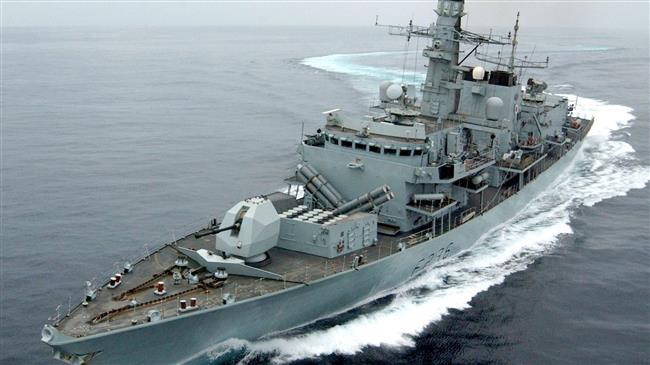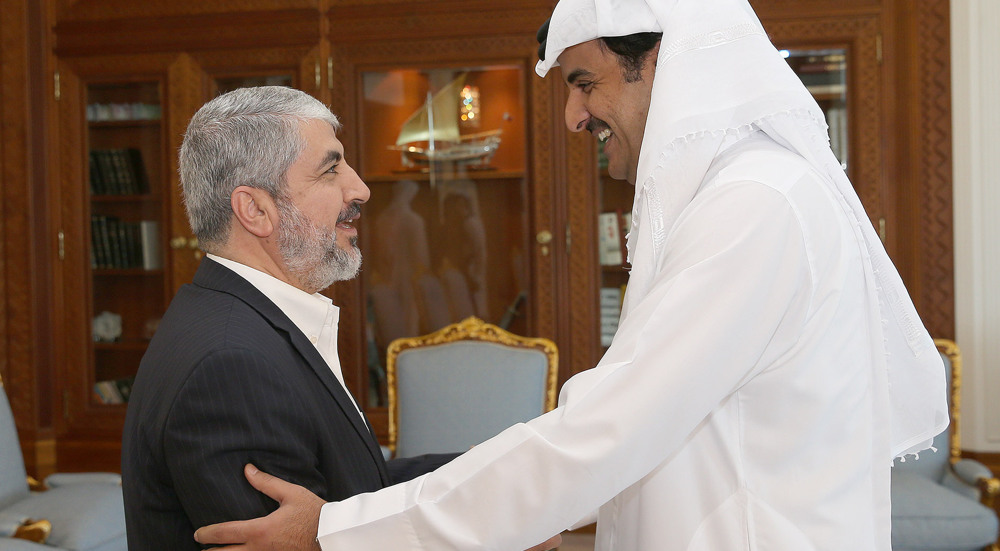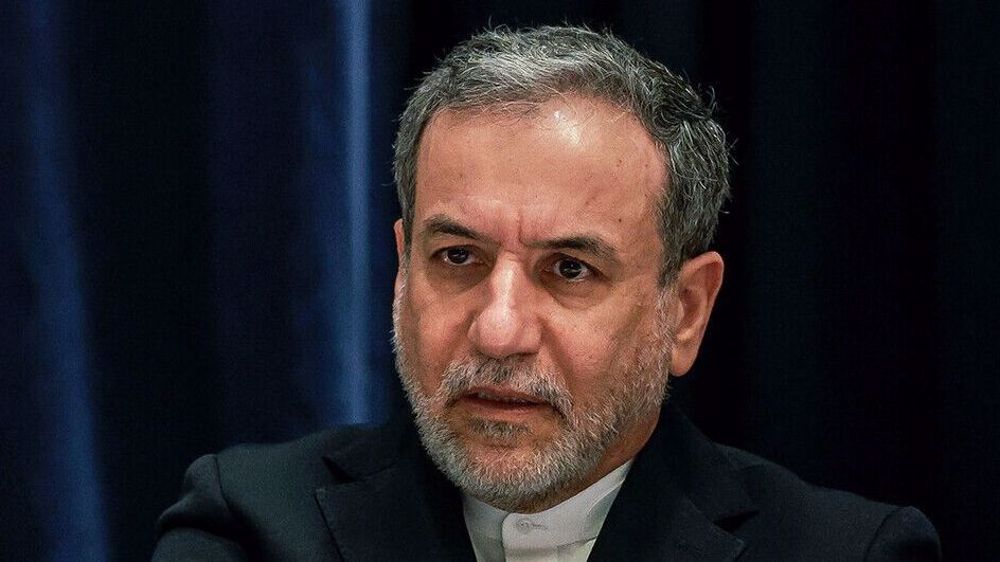UK navy says will escort British-flagged ships through Strait of Hormuz amid tensions
The UK Navy says it will accompany the British-flagged ships through the strategic Strait of Homuz, as regional tensions escalate in the wake of the US assassination of Iranian General Qassem Soleimani in Iraq.
London says the escort is aimed at providing "protection" for its commercial ships, as tensions run high in the region after the United States assassinated IRGC Quds Force Commander General Soleimani and top Iraqi commander Abu Mahdi al-Muhandis in an airstrike near Baghdad Airport early Friday.
British defense minister Ben Wallace said he had ordered the HMS Montrose and HMS Defender to prepare to escort duties for all ships sailing under a British merchant flag.
“The government will take all necessary steps to protect our ships and citizens at this time,” he said.
Read more:
- UK lowers security level for its ships in Strait of Hormuz
- Britain to join US-led naval mission in Persian Gulf
Wallace said he had spoken to his US counterpart, Defense Secretary Mark Esper, urging restraint on all sides.
The UK Navy's decision came after activists gathered outside Downing Street in central London on Saturday to condemn the US assassination of top Iranian commander.
Shadow Chancellor John McDonnell of the Labor Party also attended the 'No War with Iran' rally, hosted by Stop the War Coalition, calling on the UK government to publicly denounce the attack.
McDonnell said that "it is not good enough for the UK government just to appeal for a de-escalation. What we expect the UK government to do is to come out in total and outright condemnation of this act of violence."
The protesters were seen with banners urging an end to aggression against Iran and against any further escalation of the issue.
Johnson's silence 'deafening'
Prime Minister Boris Johnson was facing growing criticism on Saturday night for failing to cut short his Caribbean holiday as the Middle East faced one of the gravest crises since the Iraq war in 2003, the Guardian reported.
Despite the critical situation in the Middle East, Johnson has remained silent on the island of Mustique where he is on holiday with his girlfriend, Carrie Symonds.
Downing Street said Johnson would be back in the UK on Sunday and that the foreign secretary, Dominic Raab, would travel to Washington this week for talks with the US secretary of state, Mike Pompeo, with the Middle East the main topic of discussion. In a sign of irritation that the UK had not already expressed its support for the US, Pompeo on Friday said the Europeans, including “the Brits”, “[had]n’t been as helpful as I wish that they could be”.
As the hashtag #wheresBoris began trending on Twitter, opposition politicians tore into Johnson, suggesting he was too afraid of upsetting President Donald Trump, who ordered the assassination of General Soleimani, to speak out.
Earlier, the British Foreign and Commonwealth Office (FCO) had failed to address the profound legal and ethical issues arising from the assassination of General Soleimani, thus giving rise to the suspicion that Britain supports the illegal US act.
Following the assassination, Foreign Secretary Raab advised British nationals against all but essential travel to Iraq and Iran.
"Given heightened tensions in the region, the FCO now advise people not to travel to Iraq, with the exception of the Kurdistan Region of Iraq, and to consider carefully whether it's essential to travel to Iran. We will keep this under review", Raab said.
In the immediate aftermath of the terrorist-style assassination of General Soleimani by the US military, Raab appeared to be approving of the act by imputing “aggressive” motives onto General Soleimani, before half-heartedly calling for “de-escalation”.
By stark contrast, opposition leader, Jeremy Corbyn, has unequivocally condemned the US “assassination” of General Soleimani.
US vetoing of Gaza ceasefire resolution ‘disgraceful’: Iran’s UN envoy
VIDEO | IAEA adopts anti-Iran resolution tabled by E3
VIDEO | Iran's president urges Pope to help end Israel's onslaught in Gaza
Iran's senior legal official: ICC arrest warrant for Netanyahu ‘great victory'
Nov. 21: ‘Axis of Resistance’ operations against Israeli occupation
VIDEO | Israeli forces storm West Bank’s Jenin again, target civilians
Iran activates advanced centrifuges after IAEA's 'unjust' resolution
VIDEO | Press TV's news headlines











 This makes it easy to access the Press TV website
This makes it easy to access the Press TV website